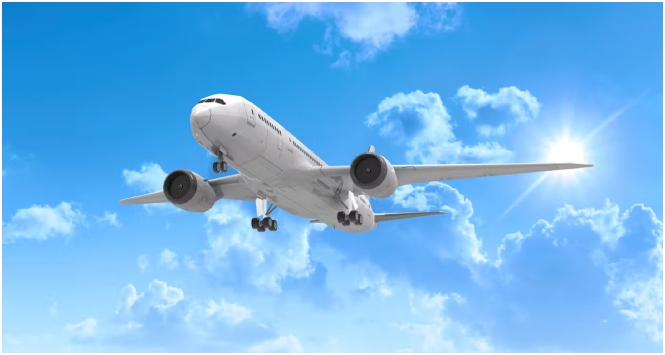In a legally and morally charged decision, the Trump administration deported eight foreign nationals held in Djibouti to South Sudan last Friday evening, despite their lawyers’ warnings that the men face a high risk of torture or death in the war-torn African nation.
The move came just hours after U.S. District Judge Brian E. Murphy of Massachusetts denied an emergency request to halt the deportation. In a brief ruling, Judge Murphy cited a U.S. Supreme Court decision handed down a day earlier, which allowed the removals to proceed, calling it binding on the case at hand. He found that the migrants’ legal arguments were “substantially similar” to those the high court had already rejected.
“Law and order prevails,” said Department of Homeland Security spokesperson Tricia McLaughlin on X (formerly Twitter). She later told CNN, “After weeks of delays by activist judges that put our law enforcement in danger, ICE deported these 8 barbaric criminals illegal aliens to South Sudan.”
The eight deportees, held in Djibouti for several weeks, are originally from Myanmar, Sudan, Mexico, Vietnam, Laos, and Cuba, according to court filings. The administration has not disclosed the precise nature of their criminal records, but attorneys for the men argued in court that the deportation was a “punitive banishment” that exceeded any sentence already served and violated basic constitutional protections.
High-Stakes Legal Maneuvers Before the Flight
On Friday, U.S. District Judge Randolph Moss in Washington, D.C., heard emergency arguments in the case.
He expressed deep concern over the risks involved, stating, “It seems self-evident the U.S. government can’t take human beings and send them to a place where their physical well-being is at risk.”
While Judge Moss issued a temporary delay on the deportation until 4:30 p.m. ET to give lawyers a chance to act, he ultimately transferred jurisdiction to Massachusetts. Migrants’ attorneys filed their motion just after 4 p.m., but Judge Murphy rejected the request less than two hours later.
Attorneys for the detainees argued that the Trump administration’s action was “unlike anything that has ever been done by the U.S. with deportations before.” They warned that their clients could be subjected to arbitrary detention, torture, or extrajudicial killings upon arrival in South Sudan.
The U.S. State Department currently lists South Sudan with a Level 4 “Do Not Travel” advisory, warning of armed conflict, crime, and kidnapping. Judge Moss referenced the advisory in court, underscoring the potential danger to the deportees.
Legal Strategy Under Fire

Attorneys for the Justice Department pushed back, arguing that the emergency request should have been brought earlier and in a different jurisdiction.
“They can’t justify their claim-splitting,” said Justice Department lawyer Hashim Mooppan, who accused the detainees’ counsel of attempting to “drag out” the deportation process.
The Justice Department also warned that repeated legal interventions could undermine delicate diplomatic negotiations with foreign governments willing to accept U.S. deportees.
According to court disclosures, the U.S. had been in contact with South Sudanese officials, who reportedly agreed to receive the eight men and determine their status under South Sudanese immigration laws. The U.S. did not request their detention, and the nature of any legal status or protections they might receive remains unclear.
Human Rights Concerns
While the administration portrayed the deportees as dangerous criminals, civil rights groups and legal observers expressed alarm over the implications of forcibly sending individuals to a country widely recognized for human rights abuses and civil unrest.
Judge Moss acknowledged the attorneys’ efforts, stating that they were “doing their best to protect the lives and well-being of human beings.”
Nevertheless, with legal options exhausted and judicial support divided, the migrants were deported by the end of the day.

